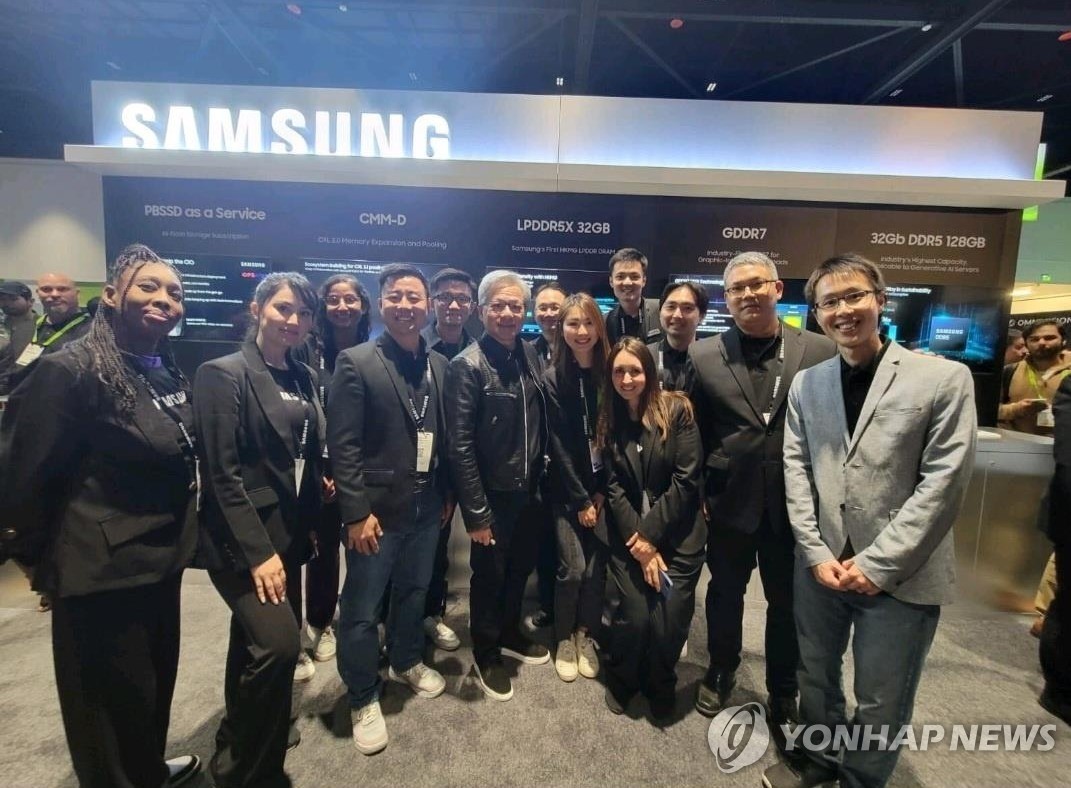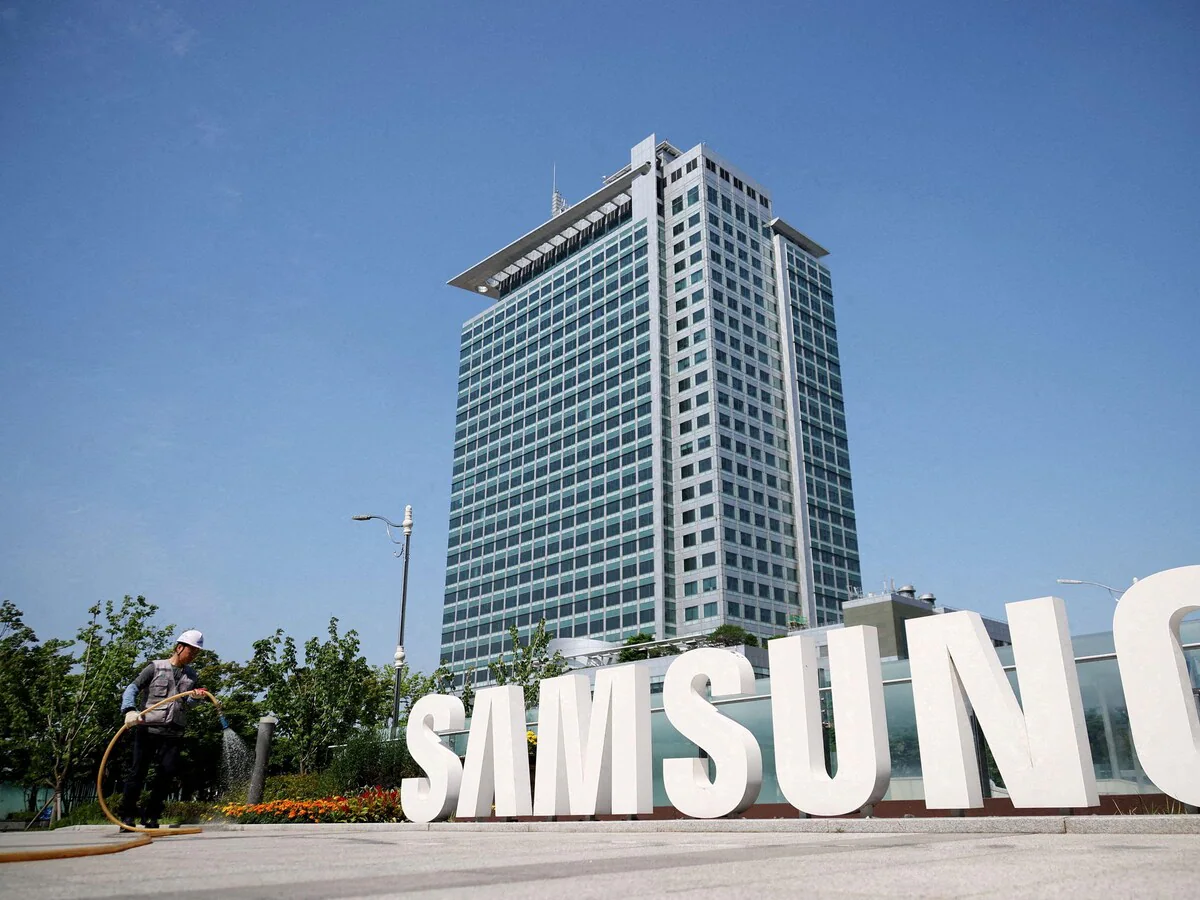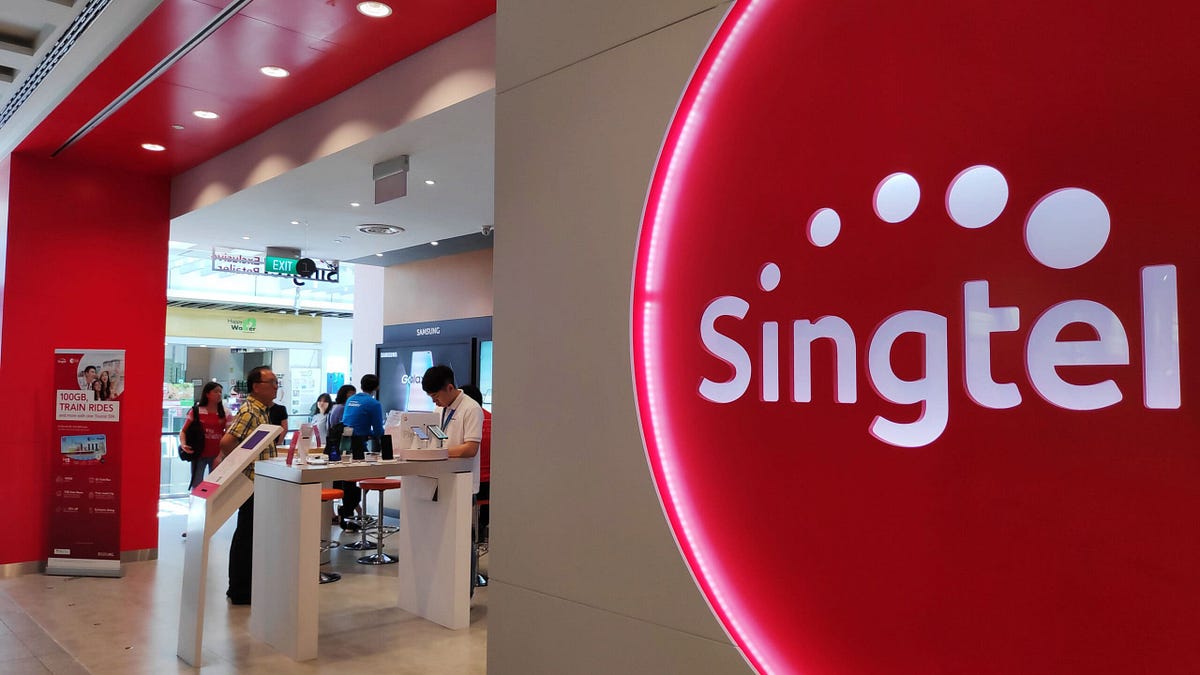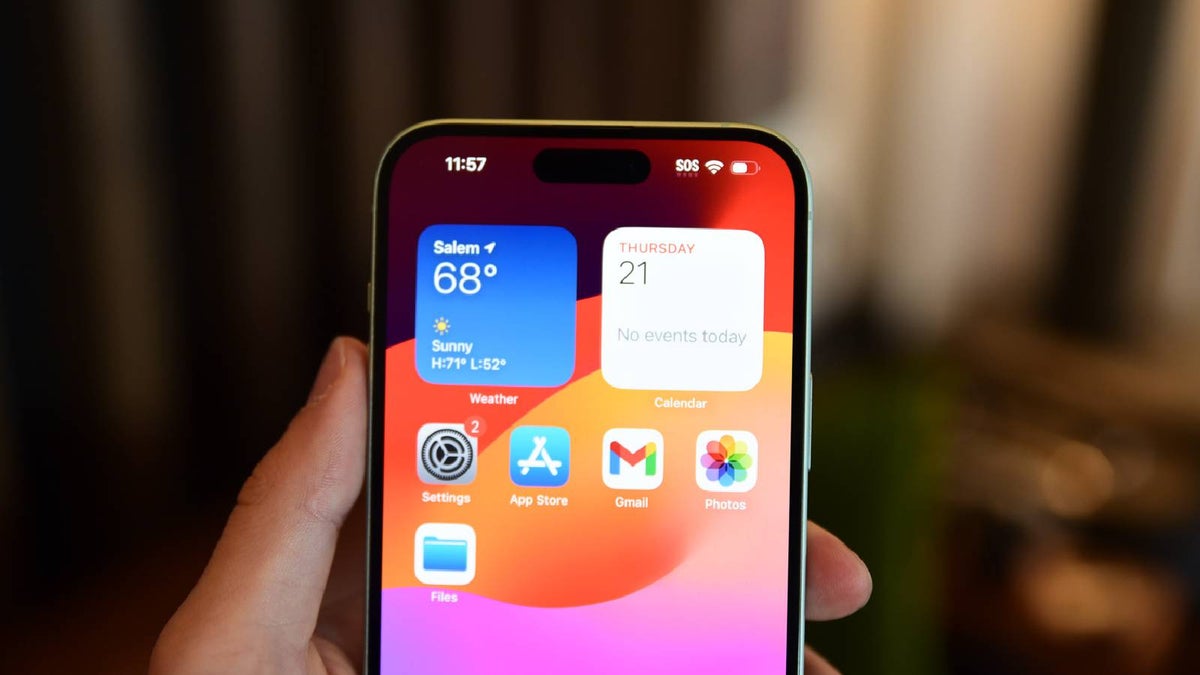According to sources, Samsung Electronics‘ (005930.KS) latest high bandwidth memory (HBM) chips have failed Nvidia’s (NVDA.O) AI processor tests due to heat and power consumption difficulties
They stated that the issues affect Samsung’s HBM3 chips, the fourth-generation HBM standard presently most prevalent in artificial intelligence graphics processing units (GPUs), as well as the fifth-generation HBM3E chips that the South Korean technology giant and its competitors are introducing to the market this year.
For the first time, the reasons why Samsung failed Nvidia’s exams are being disclosed.
According to a statement from Samsung, HBM, a customized memory product, requires “optimization processes in tandem with customers’ needs.” The company further stated that it is optimizing its products in close collaboration with its customers. It refused to give any information regarding particular consumers.
HBM, which was introduced in 2013 as a dynamic random access memory (DRAM) standard utilizing vertically layered chips to conserve energy and space, aids in the processing of enormous volumes of data generated by sophisticated AI applications. As the growth in generative AI has increased the demand for sophisticated GPUs, so has the demand for HBM.

Satisfying Nvidia, which controls approximately 80% of the worldwide GPU market for AI applications, is critical for HBM manufacturers’ future development, both monetarily and in terms of profit momentum.
According to three sources, since last year, Samsung has been attempting to pass Nvidia’s exams for HBM3 and HBM3E. According to two of the individuals, the results of a recent failed test for Samsung’s 8-layer and 12-layer HBM3E processors were released in April.
The three sources stated that the inability to meet Nvidia’s requirements has increased industry and investor apprehension that Samsung may fall further behind competitors SK Hynix (000660. KS) and Micron Technology (MU.O) in HBM. It needed to be made clear whether the issues could be quickly resolved.
As the information was confidential, the sources, two of whom were briefed on the matter by Samsung officials, spoke on condition of anonymity.
Early on Friday, Samsung’s stock declined 2%, marginally weaker than the market as a whole.
HEAD OF NEW CHIP UNIT
Unlike Samsung, SK Hynix, a domestic competitor, has exclusively provided HBM3 processors to Nvidia since June 2022. Additionally, it commenced HBM3E distribution to a customer it declined to identify in late March. According to sources, deliveries were made to Nvidia.
Micron, the sole additional significant producer of HBM, has also declared its intention to provide Nvidia with HBM3E.

Samsung replaced the head of its semiconductor branch this week, citing a “crisis” affecting the industry and stating that a new leader was required to direct the company forward. Analysts interpreted this action as indicating Samsung’s concern regarding its lagging position in HBM.
According to Jeff Kim, director of research at KB Securities, although market expectations were elevated that Samsung, the largest manufacturer of memory chips in the world, would swiftly pass Nvidia’s tests, it is also expected that specialized products such as HBM would require a while to meet customers’ performance evaluations.

While Samsung has yet to commence supplying HBM3 to Nvidia, it does provide HBM3E processors to clients, including Advanced Micro Devices (AMD.O), opens a new tab (AMD), and plans to do so in large quantities during the second quarter. Samsung informed Reuters in a statement that production of its products is proceeding according to plan.
Analysts also assert that over the past decade, SK Hynix, the company that introduced the first HBM processor in 2013, has devoted significantly more time and resources to HBM research and development than Samsung, providing Samsung with a technological advantage.
Samsung stated that it had continued to invest in HBM since 2015, when it introduced the first commercial HBM solution for high-performance computation.
According to additional sources, GPU manufacturers such as Nvidia and AMD are eager for Samsung to perfect its HBM processors so they can have more vendor options, and SK Hynix’s pricing power will be weakened.
Nvidia CEO Jensen Huang signed a placard at Samsung’s booth at an Nvidia AI conference in March, which read “Jensen approved” for Samsung’s 12-layer HBM3E. This action demonstrated Nvidia’s high confidence level in Samsung’s ability to provide the processors above.

According to research firm Trendforce, HBM3E processors are anticipated to emerge as the prevailing HBM product in the market this year, with a significant influx of shipments occurring in the latter part of 2024.
In a distinct vein, SK Hynix projects that the overall demand for HBM memory processors may escalate annually to 82% until 2027.
According to analysts, investors have noted Samsung’s comparatively feeble position in HBM. Its shares are down 2% year-to-date, whereas those of SK Hynix and Micron are up 42% and 48%, respectively.



